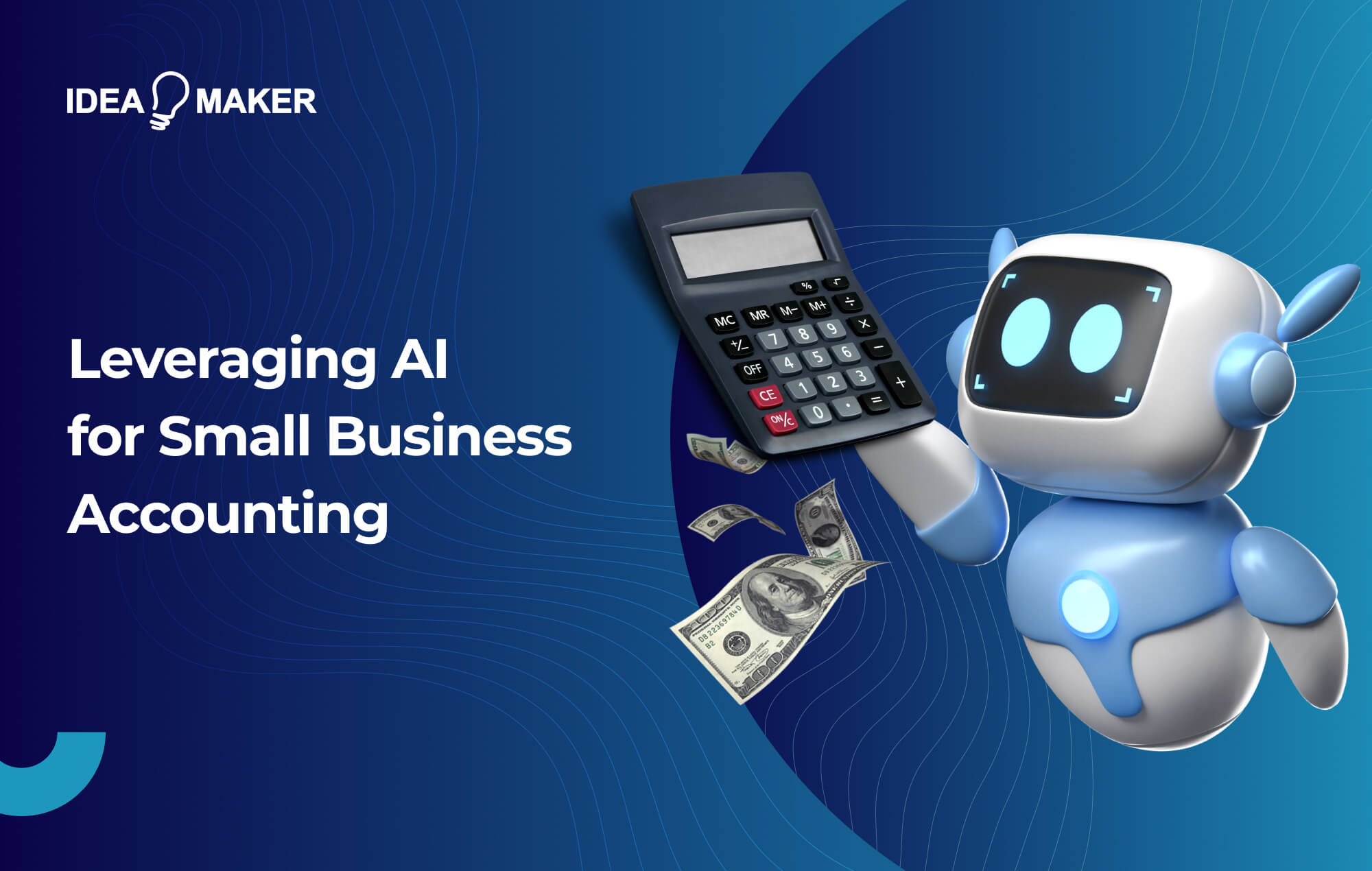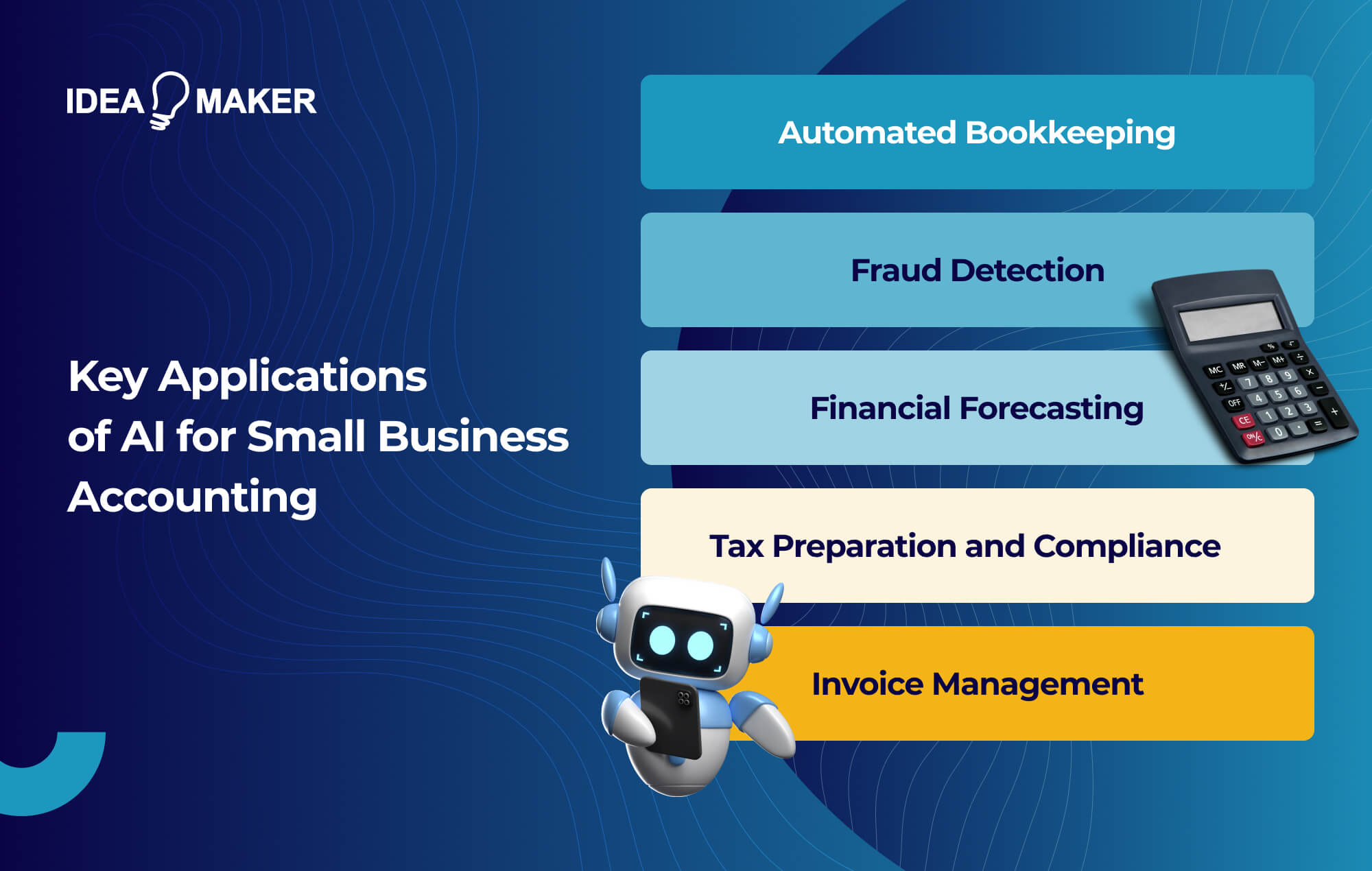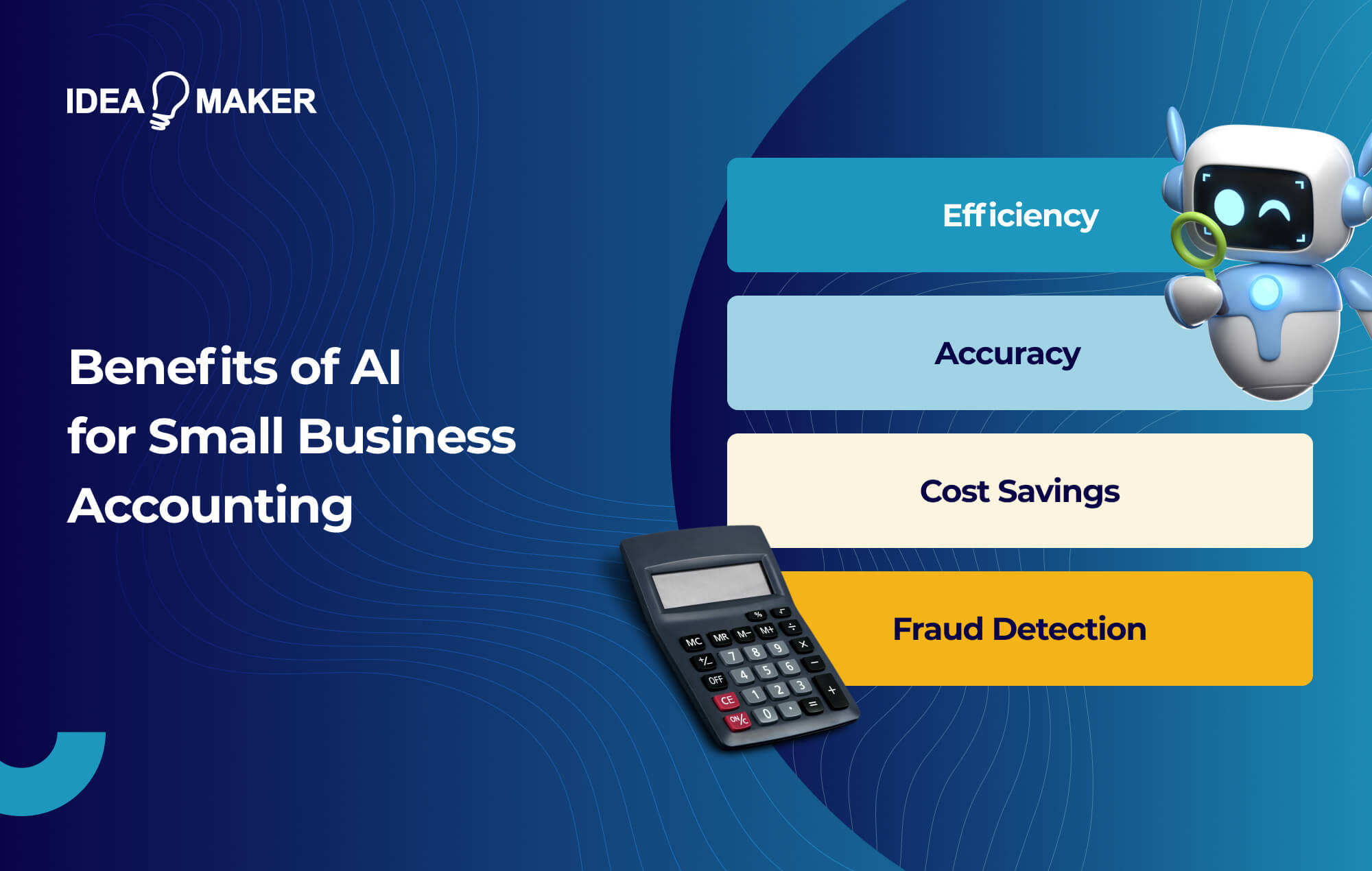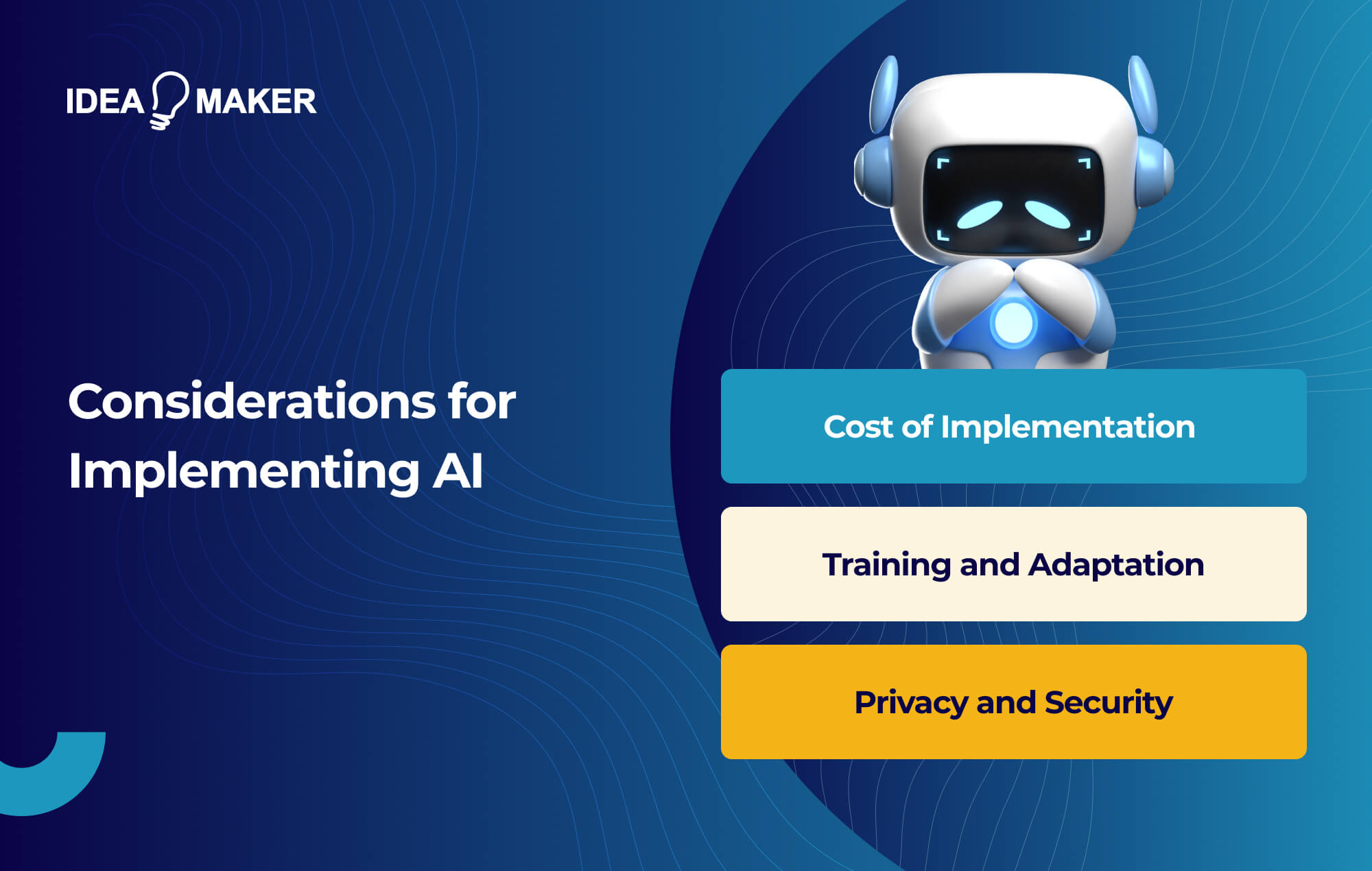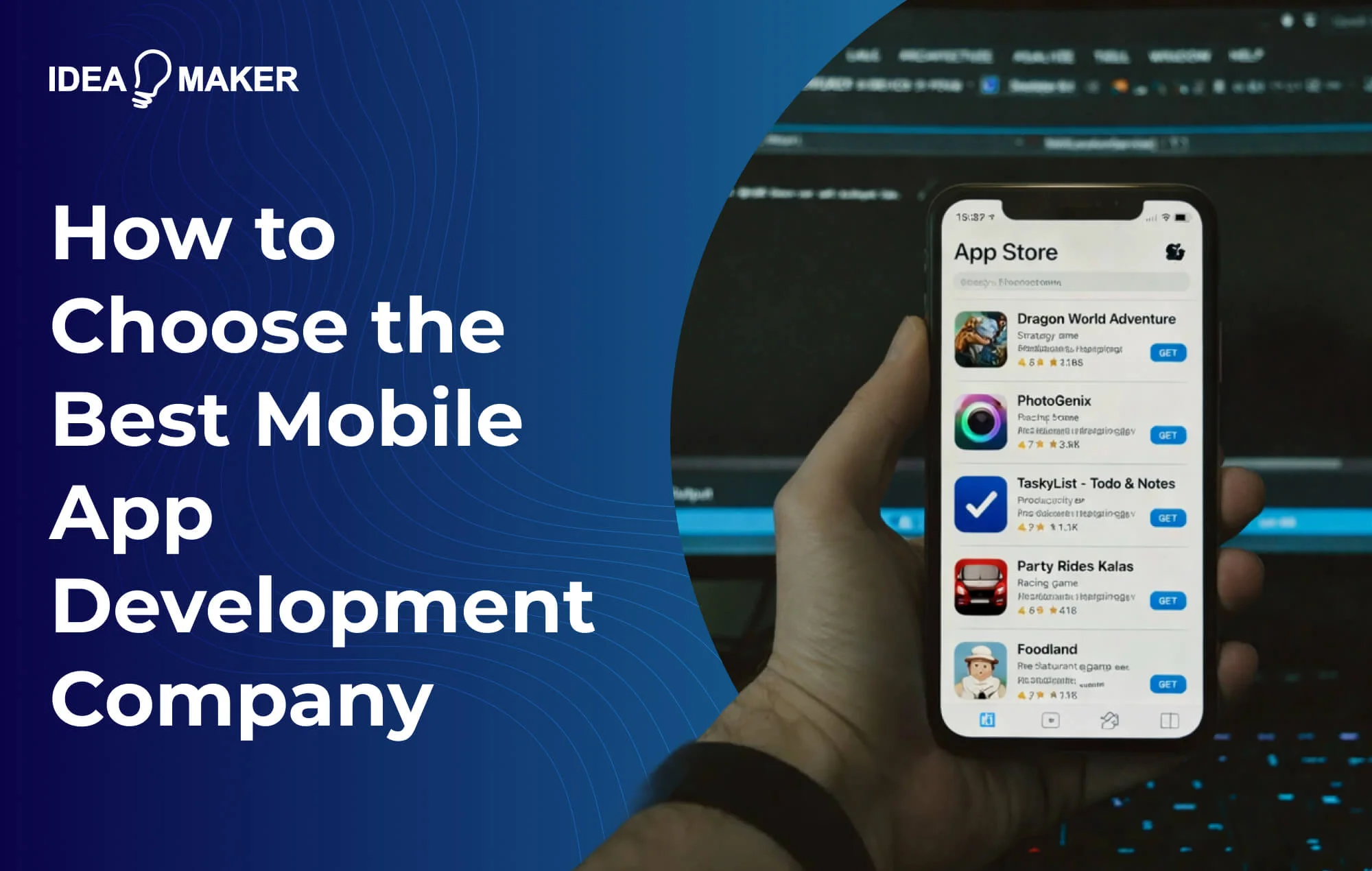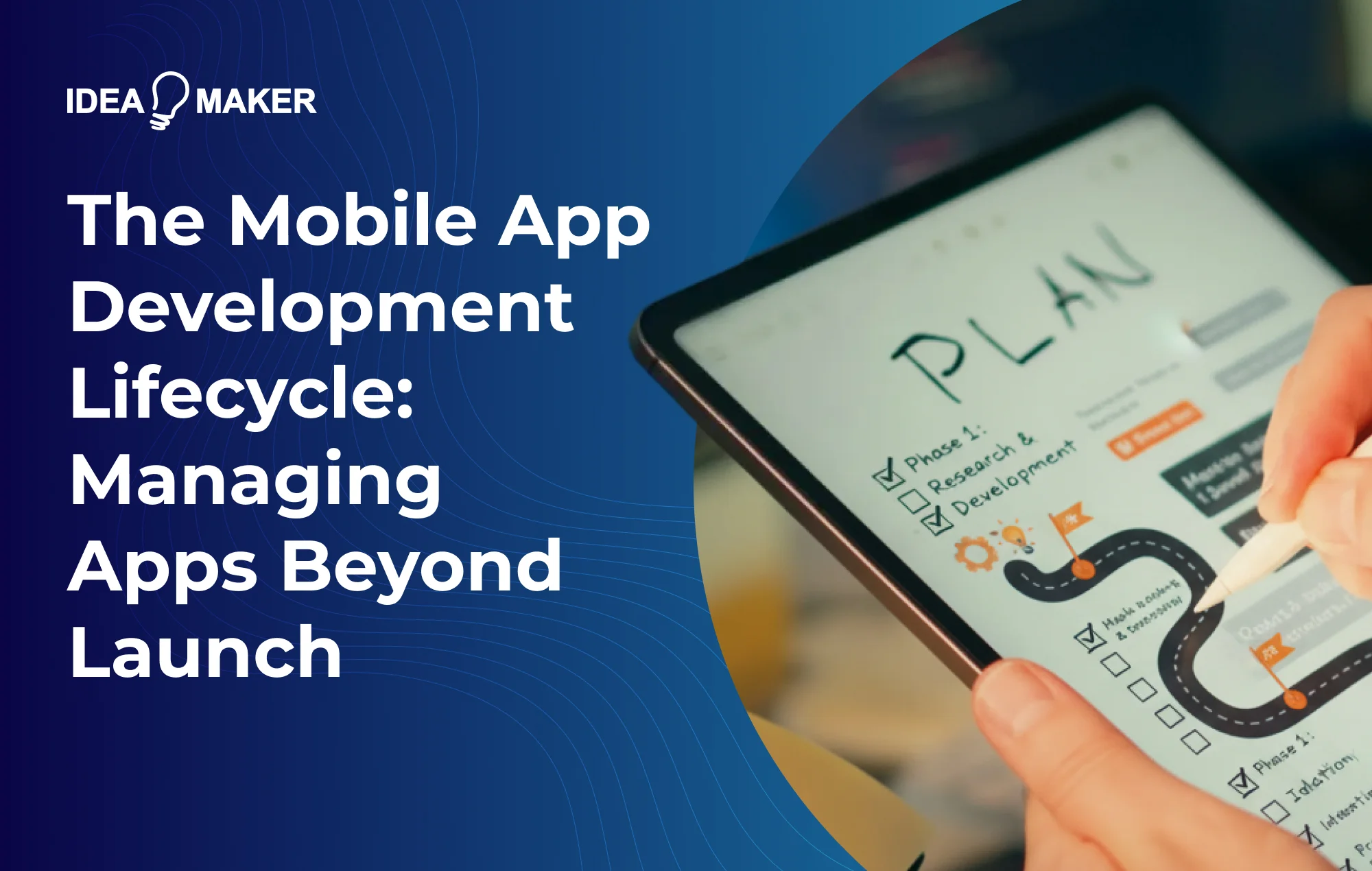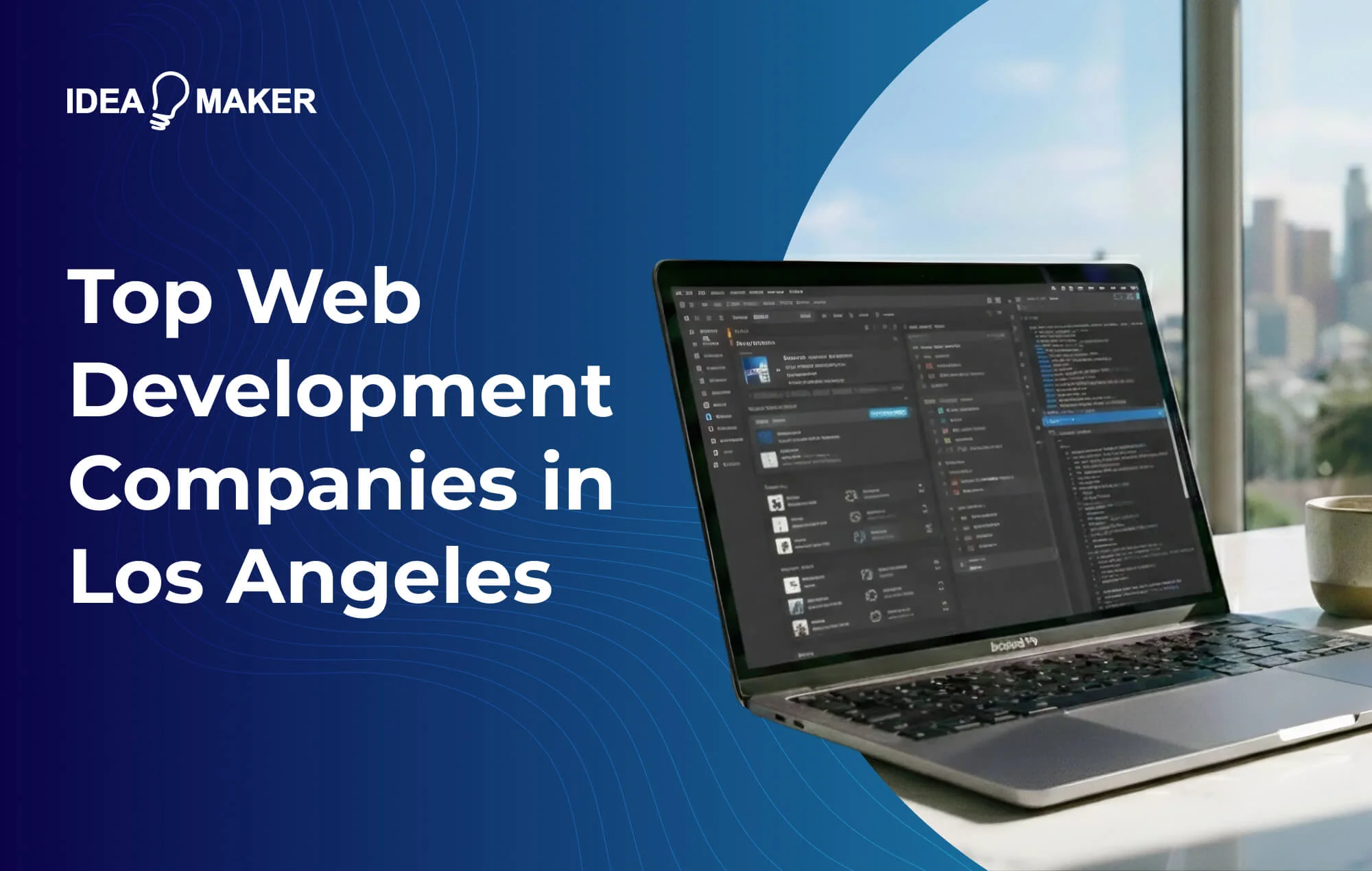Table of Contents
Artificial intelligence (AI) is transforming industries across the board, and small business accounting is no exception. As AI capabilities advance, small businesses now have access to sophisticated accounting tools previously only available to large corporations. From automated bookkeeping and invoice processing to advanced anomaly detection, AI makes accounting more efficient, accurate, and cost-effective.
While integrating AI does involve some initial investments, this technology can mitigate the recurring costs of manual accounting over the long term. As AI continues democratizing robust accounting capabilities for small businesses, it may soon become imperative to leverage these advanced tools to stay competitive.
This article explores the key applications of AI in small business accounting and finance.
What Is AI in Accounting?
AI refers to computer systems that can perform tasks that typically require human intelligence. In accounting, AI encompasses software solutions that can automate, augment, and enhance financial processes.
More specifically, AI-powered accounting tools exhibit the following capabilities:
- Machine Learning: The ability to learn patterns from data without explicit programming and improve in accuracy over time. For example, reconciling transactions.
- Natural Language Processing: The ability to analyze written and spoken language. For instance, reading invoices and receipts.
- Predictive Analytics: The ability to make data-driven forecasts and predictions about future outcomes using statistical modeling. This includes projections of cash flow.
- Cognitive Automation: The ability to automate tasks that involve complex human judgment. For example, identifying suspicious transactions that may indicate fraud.
AI in accounting refers to intelligent software solutions that can perform key accounting functions. These include recording transactions, reconciling accounts, detecting anomalies, forecasting, auditing, and more, with minimal or no human intervention. AI enables these software solutions to handle accounting tasks faster and often more accurately than humans.
Key Applications of AI for Small Business Accounting
AI is driving automation and innovation across the spectrum of accounting processes. From routine tasks such as bookkeeping and invoicing to value-added capabilities like forecasting and fraud detection, AI empowers small business accounting teams to punch above their weight. The key applications where intelligent accounting software is creating immense impact include:
Automated Bookkeeping
One of the biggest ways AI is transforming small business accounting is through automated bookkeeping. AI-powered accounting software can record financial transactions, categorize expenses, code invoices, reconcile accounts, and maintain ledgers accurately without human intervention. This drastically cuts down on manual data entry and paperwork.
By continuously reconciling accounts, AI bookkeeping solutions provide small businesses with up-to-date financial information at all times. This enables small business owners to make informed financial decisions spontaneously without spending significant time preparing accounts to inform their decision making process.
The automated categorization of income and expenses also simplifies reporting and allows small business owners to better understand their profit drivers. Overall, automated bookkeeping with AI saves small accounting teams significant time, reduces human error, and enables more strategic financial analysis–key capabilities once only accessible to larger corporations.
Fraud Detection
AI accounting tools are also adept at detecting potential fraud, an invaluable capability for small businesses. Leveraging pattern recognition and continuous transaction monitoring, these tools can flag any abnormal activities, inconsistencies, duplicate invoices, or suspicious payments that may indicate fraudulent attempts.
Spotting and preventing fraud saves small businesses thousands in stolen funds. The level of fraud analytics AI systems can provide are simply not possible to match manually. This makes AI-enabled anti-fraud measures essential for small business accounting.
Financial Forecasting
By leveraging advanced analytics, AI accounting platforms can generate accurate forecasts of future cash flow and revenue. By analyzing historical finances across seasons, economic cycles, and operational changes, AI financial planning tools provide data-driven predictions of various financial scenarios.
These forecasts and projections allow small businesses to make smarter, proactive decisions around growth opportunities, expense management, contingency funds, credit requirements, and more. AI-enabled forecasting leads to better financial visibility even with limited historical data, giving small business owners greater control.
Tax Preparation and Compliance
AI is also automating and optimizing tax preparation for small businesses. AI tax software can accurately categorize incomes, expenses, deductions, and credits based on complex tax codes. This ensures full compliance and avoidance of errors when filing returns.
With continuous updates on changing tax laws, AI tax tools guarantee that all details in filings are up-to-date and accurate. They can even provide prompts on eligibility for different tax deductions small businesses may be missing out on. The result is maximized returns and fully compliant, hassle-free tax filings.
Invoice Management
By leveraging optical character recognition and natural language processing, AI accounting platforms can extract key details from paper and digital invoices and receipts. This data then auto-populates the relevant accounting entries.
AI invoice management tools also streamline accounts payable and receivable processes. From generating and sending invoices to tracking payments and late invoices, AI handles the entire invoicing workflow, improving cash flow visibility and debtor management. With dynamic reminders, centralized tracking, and automated reconciliations, AI invoice software provides small businesses with unmatched control over invoicing and payments.
Integrating AI in small business accounting empowers entrepreneurs and small accounting teams with unprecedented financial visibility, control, and efficiency. By leveraging these AI-powered tools, small businesses can streamline their accounting processes, make data-driven decisions, and focus on strategic growth initiatives. Therefore ultimately positioning themselves for long-term success in an increasingly competitive landscape.
Benefits of AI for Small Business Accounting
The application of AI in accounting processes including the realms of banking and finance offers immense benefits for your small businesses. As AItechnology matures, adoption rates are continuing to accelerate across the industry. According to a statistics report by Mordor Intelligence, AI integration in accounting is projected to grow rapidly at an annual rate of 30% from 2023 to 2028. This trajectory highlights the immense value AI tools provide.
Efficiency
By automating time-consuming manual processes, AI accounting software massively improves your efficiency. Staff capacity is freed up for more value-added tasks. For instance, according to a Thomson Reuters survey, 68% of participating accounting firms agree that the latest generative AI could be leveraged to enhance efficiency in tax preparation.
AI tools also perform key accounting activities faster and more accurately than human counterparts, vastly improving your productivity. With seamless integrations across accounting applications, AI further optimizes your workflows.
Accuracy
A major advantage AI-powered accounting solutions offer is significantly improved accuracy. By automating routine accounting tasks, AI tools eliminate errors that can occur from manual data entry and calculations.
AI accounting software processes large volumes of financial transactions flawlessly over extended periods. Algorithms autonomously reconcile accounts, classify expenses, compute taxes, and generate reports with minimal supervision. Continual self-audits further minimize anomalies.
Advanced AI programs for detecting potential fraud are also much more likely to spot unusual transaction patterns, inconsistencies, and suspicious activities compared to humans. This further safeguards the integrity of your small business’s financial data.
Additionally, with continuous updates on the latest accounting standards and tax codes, AI accounting platforms guarantee full compliance in all processes and filings. This prevents costly penalties from dated or incorrect human knowledge. This level of precision and reliability enables your small business to make sound financial decisions based on dependable information–a pivotal benefit of AI accounting solutions.
Cost Savings
AI accounting systems deliver immense cost savings in both the short and long-term for your small business. While adopting AI accounting software requires some initial investments, it drastically reduces your recurring accounting costs over time. By automating a wide range of accounting tasks, AI significantly cuts down expenses associated with manually managing finances:
- Reduces accounting staff costs: AI handles time-consuming processes like bookkeeping, reporting, and bank reconciliations autonomously directly minimizing your payroll needs for accounting personnel.
- Lowers compliance risks: By staying updated on the latest regulations, AI tools guarantee compliance in all filings and transactions. This averts expensive non-compliance fees and litigation costs.
- Optimizes tax liability: AI tax software ensures your business maximizes eligible deductions and credits to pay the lowest tax amounts legally possible.
The cumulative cost savings mean more working capital freed up to invest in your business’s growth–a key imperative for competitiveness. Though adopting AI accounting requires some investment from your small business, the long-term savings and strategic growth opportunities unlocked are well worth it.
Fraud Detection
According to the Association of Certified Fraud Examiners, fraud poses one of the most severe threats to small business finances costing5% of revenue every year.. Unfortunately, limited accounting visibility leaves many small businesses vulnerable to exploitation.
This is where AI accounting solutions come in. With predictive analytics, AI tools can continuously monitor your transactions, payments, credit charges, and other activities across accounting applications to flag suspicious incidents that may indicate potential fraud.
By analyzing large volumes of granular data across years far more comprehensively than humans ever could, even subtle anomalies trigger red flags. The key suspicious activities of AI fraud detection spots include:
- Duplicate claims or invoices submitted
- Creditor pattern changes (new vendors, cash purchases)
- Funds diversion to employee bank accounts
- Spikes in expense ratios
Early detection of such activities allows your small business to prevent huge potential losses from embezzlement or vendor/customer fraud. It also acts as a vital deterrent, making it riskier for fraudulent individuals to target your business.
With AI fraud analytics, your small business finally has enterprise-grade insight into accounting anomalies that could threaten your finances. Automated fraud monitoring therefore makes your small business’s accounting more secure.
By leveraging AI’s capabilities, your small business can empower your financial operations with enterprise-grade accounting excellence that was previously out of reach. This new level of financial insight and control is enabling a wave of small business growth.
Considerations for Implementing AI
While AI innovation brings immense long-term value, your small business must weigh several key considerations when adopting AI accounting solutions:
Cost of Implementation
The most significant consideration is the initial cost of implementing AI accounting software and integrating it with your existing systems. Purchasing licenses for advanced AI accounting platforms represents a notable upfront investment for small businesses with a limited budget.
Customization and integration services with current accounting tools may be required, involving further expenses. Ongoing cloud hosting fees, maintenance charges, and staff training costs also add up. However, once implemented, the dramatic improvements in efficiency, accuracy, and cost savings from AI can offset your initial costs.
Your small business must accurately estimate these short-term vs. long-term costs and benefits when budgeting for an AI accounting solution. The most cost-effective option is to take an incremental approach,adding AI capabilities gradually starting with the highest return on investment processes such as automating payables/receivables. This balances costs with quick wins.
Training and Adaptation
Implementing new technology invariably requires some workforce training and adaptation. Your employees may need training to leverage AI accounting tools effectively. This training and transition process entails both time and monetary costs.
Your accounting team would likely require comprehensive training to use your AI software proficiently. Workflows will need realignment to capture AI efficiencies fully. Even with intuitive user interfaces, procedural changes becoming ingrained and automatic don’t occur overnight.
Providing adequate training and transition support is essential to maximize your return on investment on AI accounting solutions. However,for small businesses running lean teams, arranging extensive training can impact operations which must be factored in.
There could also be some initial cultural resistance within your accounting team towards relying on AI for sensitive financial tasks. Your team leaders must promote adoption by demonstrating consistent benefits.
Carefully planning your training rollout, providing change management guidance, and highlighting long-term gains can optimize your AI tool adoption trajectory. However, you should expect some transitional costs initially as workflows and capacities align to your AI-powered model. Maintaining realistic expectations helps your small business minimize disruption.
Privacy and Security
When leveraging AI to automate your accounting tasks, privacy and security considerations come to the forefront. AI accounting platforms handle highly sensitive financial data, from invoices to bank statements. Safeguarding this information must be your utmost priority.
If accounting data was compromised in a breach, it could prove catastrophic for your small business’s continuity. Yet many small businesses lack adequate cybersecurity infrastructure compared to enterprises. Therefore, a rigorous evaluation of AI and your accounting software security is essential before adoption.
Additionally, your AI software vendor’s risk profile must be assessed. Cloud-based solutions warrant examination of your vendor’s organizational and technical security position.
Though AI promises major finance enhancements, no amount of efficiency gains justify inadequate data protection. Your small business must validate that AI accounting platforms meet security best practices before onboarding.
While implementing AI accounting tools requires thoughtful analysis of costs, training needs, and security risks, an incremental approach can balance these considerations with realizing quick wins. Paying attention to these key factors will enable your small business to strategically transition towards AI-powered accounting excellence.
Let Idea Maker Develop AI-Based Accounting Software for Your Small Business
With advanced expertise in cutting-edge technologies like AI and machine learning, Idea Maker is an ideal partner for developing customized AI accounting solutions. By leveraging Idea Maker’s AI capabilities, your small businesses can integrate intelligent features such as automated bookkeeping, predictive analytics, and fraud detection into your existing accounting software.
From gathering detailed requirements to implementing interfaces, Idea Maker oversees your end-to-end development. Our agile approach also allows seamless enhancements even after deployment. Schedule a consultation with our team today to explore leveraging Idea Maker’s expertise in building AI-powered accounting and financial solutions.
